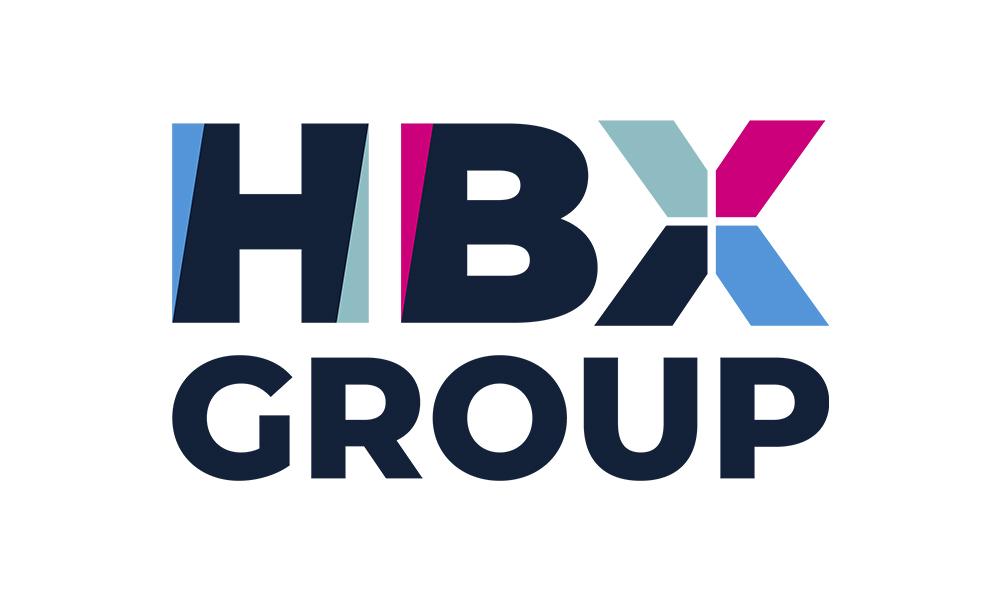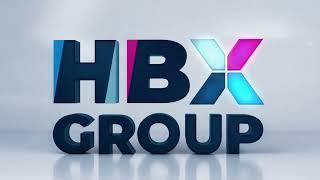HBX Group’s Market Performance: A Closer Look at the Initial Setback in Spain
HBX Group experienced a rocky start in the Spanish stock market following its recent IPO,wich raised €748 million. On the debut day, the shares fell sharply, indicating a disconnect between investor expectations and market performance. This initial setback has raised eyebrows among analysts, prompting them to scrutinize the underlying factors contributing to the lackluster reception. Key aspects under analysis include:
- Market Sentiment: A volatile economic environment and geopolitical tensions may have dampened investor enthusiasm.
- Valuation Concerns: Some experts have questioned whether the IPO valuation was justified based on the company’s current financial health.
- Sector Performance: Broader trends in the market, particularly within the tech and digital sectors, are also influencing investor confidence.
Despite the gloomy debut, HBX Group remains optimistic about its long-term growth prospects. The management has highlighted that the initial fluctuation is not representative of the company’s overall direction and potential. They emphasize the commitment to innovation and operational efficiency as drivers for future performance. As stakeholders digest the implications of the debut, the following factors could play a pivotal role in shaping investor sentiment moving forward:
- Customer Acquisition: The ability to attract and retain a robust client base will be crucial for sustained growth.
- Strategic Partnerships: Collaborations with established players in the industry could enhance credibility and market reach.
- Regulatory Environment: Navigating regulations in the ever-evolving tech landscape will be another critical area of focus.

Investor Sentiment: Analyzing Reactions to the €748 Million IPO
Investor sentiment surrounding the recent €748 million IPO of HBX Group reveals a mix of enthusiasm and caution as shares debuted amidst a volatile market environment.While many anticipated a robust reception, the initial performance fell short of expectations, leading to a noticeable decline in share price on the first day of trading. Analysts point to several factors contributing to this lukewarm response, including:
- Market Volatility: Broader market conditions have created uncertainty, with many investors hesitant to commit capital during this tumultuous period.
- Profitability Concerns: Despite the significant capital raised, questions remain about the long-term profitability and lasting growth of HBX Group.
- Sector Performance: The overall performance of the tech sector in Spain has been mixed, with some companies struggling to maintain their valuations post-IPO.
Interestingly, retail investors showed varying levels of confidence compared to institutional players. Many retail participants, eager to capitalize on the potential for growth, rushed in, while institutional investors adopted a more conservative approach. The divergence in reactions illustrates a broader trend where retail enthusiasm clashes with seasoned investors’ risk assessments. Experts anticipate that as the initial excitement wanes, a clearer understanding of HBX Group’s fundamentals will emerge, potentially recalibrating investor expectations moving forward.Key indicators to monitor include:
- Quarterly Earnings Reports: Investors will be keen to assess the company’s financial health in the coming months.
- market Sentiment Shifts: Keeping an eye on industry trends may provide insights into future performance.
- Management’s Strategic Plans: The effectiveness of their strategies in navigating market challenges will be critical in restoring investor confidence.

Strategic Insights: Potential Implications for Future Growth and Recovery
The recent debut of HBX Group on the Spanish stock exchange, marked by a €748 million IPO, signals a crucial moment not just for the company, but also for potential market dynamics in the region. While the initial share slide raises questions about investor confidence, it also provides a unique opportunity for strategic reassessment. Industry analysts suggest the following implications for the company’s future trajectory:
- Market Adaptability: the capability of HBX Group to adapt to changing market conditions will be pivotal. A proactive stance on diversification in product offerings could stabilize revenue streams.
- Investor Engagement: Rebuilding trust with investors through clear dialog and long-term strategic planning can enhance HBX’s reputation in the volatile marketplace.
- Technological Innovation: Focusing on innovation and digital conversion may position HBX Group favorably against competitors in an increasingly tech-driven landscape.
Moreover, as the company navigates the aftermath of its IPO, understanding consumer sentiment will be essential. market sentiment can be fickle, yet there lies significant potential for growth if HBX capitalizes on current trends and consumer preferences. Considerations for the future include:
- Brand Loyalty: Strengthening brand loyalty through customer engagement strategies can provide a solid foundation for recovery and future profitability.
- Expansion Opportunities: Exploring avenues for expansion within untapped markets can yield substantial benefits, ensuring a more resilient business model.
- Sustainable practices: Adopting sustainable business practices may attract a conscientious consumer base and enhance corporate social responsibility, critical for modern enterprises.

Recommendations for Stakeholders: Navigating the Evolving Landscape Post-Debut
As stakeholders navigated the aftermath of HBX Group’s debut, it became imperative to adopt strategies that align with the shifting market dynamics following the company’s €748 million IPO. investors should focus on the following key areas to mitigate risks and capitalize on growth opportunities:
- Market Analysis: Stay informed about industry trends and competitor performance to better understand the evolving landscape.
- Communication Transparency: Establish open lines of communication with management for timely updates on company strategies and market conditions.
- Investment Diversification: Consider diversifying investment portfolios to buffer against market volatility caused by the company’s fluctuating stock prices.
Furthermore, collaboration among stakeholders can foster resilience amid uncertainties. Engaging in dialogue with fellow investors and forming strategic partnerships can provide deeper insights and foster confidence in the company’s long-term vision.Stakeholders should prioritize:
- Stakeholder Engagement: Actively participate in forums and discussions to share insights and address concerns collectively.
- Continuous Education: Encourage ongoing education about regulatory shifts and market developments that could impact HBX Group.
- Performance Metrics Monitoring: Regularly evaluate financial performance and operational efficiency against established benchmarks to gauge the company’s health.
